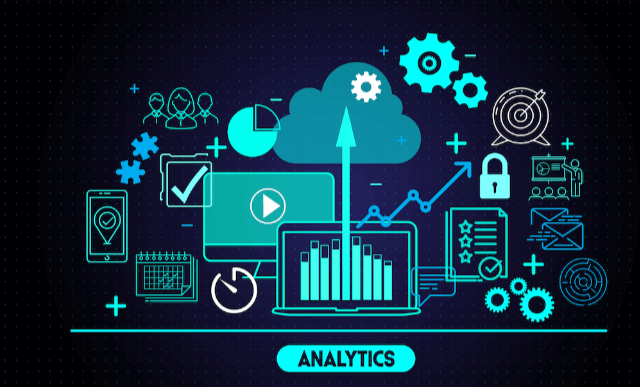How are advancements in machine learning algorithms enhancing predictive analytics in sectors like finance and healthcare?

Introduction to Predictive Analytics and Machine Learning
Predictive analytics involves using historical data, statistical algorithms, and machine learning techniques to identify the likelihood of future outcomes. Machine learning, a branch of artificial intelligence, enhances these predictive capabilities by enabling systems to learn from data patterns and improve their predictions over time without being explicitly programmed.
The Role of Machine Learning in Predictive Analytics
Machine learning algorithms are at the core of predictive analytics, providing the tools to analyze large volumes of data and recognize complex patterns. These algorithms adjust their predictions as they process new data, continually refining the accuracy of their forecasts.
Advancements in Machine Learning Algorithms
Recent advancements in machine learning, such as deep learning, reinforcement learning, and neural networks, have significantly enhanced the predictive capabilities of analytics systems. These technologies allow for more accurate, faster, and more efficient processing of large data sets.
Impact on Finance Sector
In finance, machine learning algorithms are used to predict stock market trends, assess loan risks, and detect fraudulent transactions. Enhanced predictive analytics can lead to better investment strategies, minimized risks, and improved customer satisfaction by offering personalized financial advice.
Enhanced Risk Assessment in Finance
Machine learning models in finance have become adept at identifying potential risks and anomalies by analyzing patterns in historical data. This capability allows financial institutions to take proactive measures to mitigate risks before they materialize.
Impact on Healthcare Sector
In healthcare, predictive analytics powered by machine learning is revolutionizing patient care. These tools can predict patient diagnoses, forecast outbreak trends, and personalize treatment plans. For example, machine learning models can analyze medical imaging data to detect early signs of diseases such as cancer far more accurately and quicker than traditional methods.
Predicting Patient Outcomes in Healthcare
Machine learning algorithms help in predicting patient outcomes by analyzing various health indicators and historical health data. This predictive power can lead to better patient management, preventive healthcare, and optimized treatment protocols, significantly improving patient care and reducing healthcare costs.
Challenges and Ethical Considerations
While machine learning enhances predictive analytics, it also raises ethical and privacy concerns, especially regarding data misuse and bias in algorithmic predictions. Both finance and healthcare sectors must address these challenges by implementing robust data governance and ethical standards.
Future Trends in Predictive Analytics
The future of predictive analytics in finance and healthcare looks promising with ongoing advancements in AI and machine learning. Integration with other technologies like blockchain for secure data sharing and IoT for continuous data collection will further enhance predictive analytics capabilities.
Conclusion
Advancements in machine learning algorithms are significantly enhancing the power of predictive analytics in sectors like finance and healthcare. By enabling more accurate, efficient, and actionable insights, these technologies are not only optimizing operational efficiencies but also improving personalized services and outcomes.







